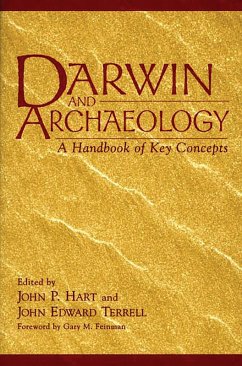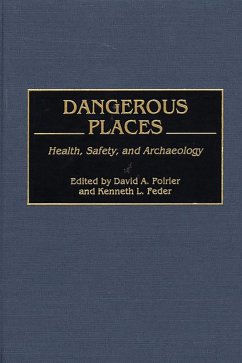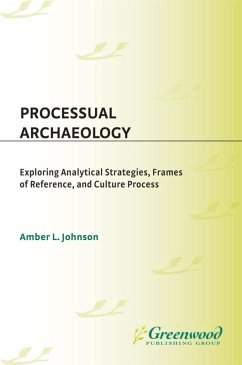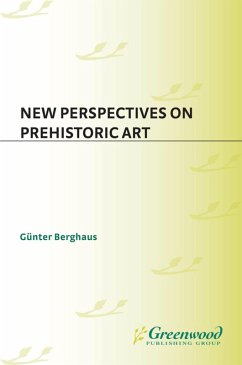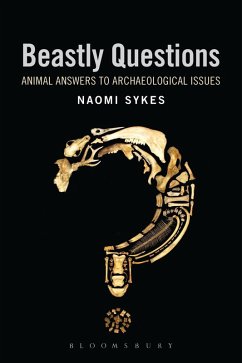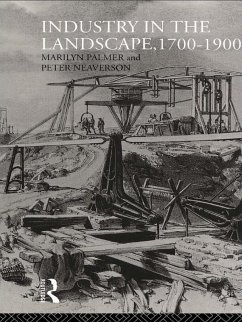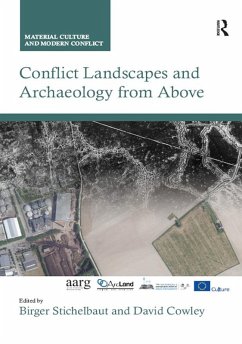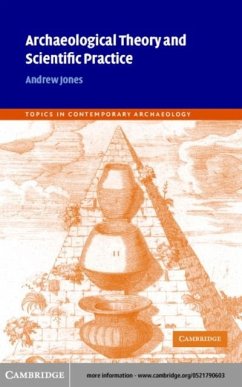
Posing Questions for a Scientific Archaeology (eBook, PDF)
Versandkostenfrei!
Sofort per Download lieferbar
58,95 €
inkl. MwSt.
Weitere Ausgaben:

PAYBACK Punkte
29 °P sammeln!
Although many believe that archaeological knowledge consists simply of empirical findings, this notion is false; data are generated with the guidance of theory, or some sense-making system acting in its place whether researchers recognize this or not. Failure to understand the relationship between theory and the empirical world has led to the many debates and frustrations of contemporary archaeology. Despite years of trying, the atheoretical, empiricist foundations of archaeology have left us little but a history of storytelling and unsatisfying generalizations about historical change and huma...
Although many believe that archaeological knowledge consists simply of empirical findings, this notion is false; data are generated with the guidance of theory, or some sense-making system acting in its place whether researchers recognize this or not. Failure to understand the relationship between theory and the empirical world has led to the many debates and frustrations of contemporary archaeology. Despite years of trying, the atheoretical, empiricist foundations of archaeology have left us little but a history of storytelling and unsatisfying generalizations about historical change and human diversity. The present work offers promising directions for building theoretically defensible results by providing well-designed case studies that can be used as guides or exemplars. Evolutionary theory, in at least some form, is the foundation for a scientific archaeology that will yield scientific explanations for historical change.




